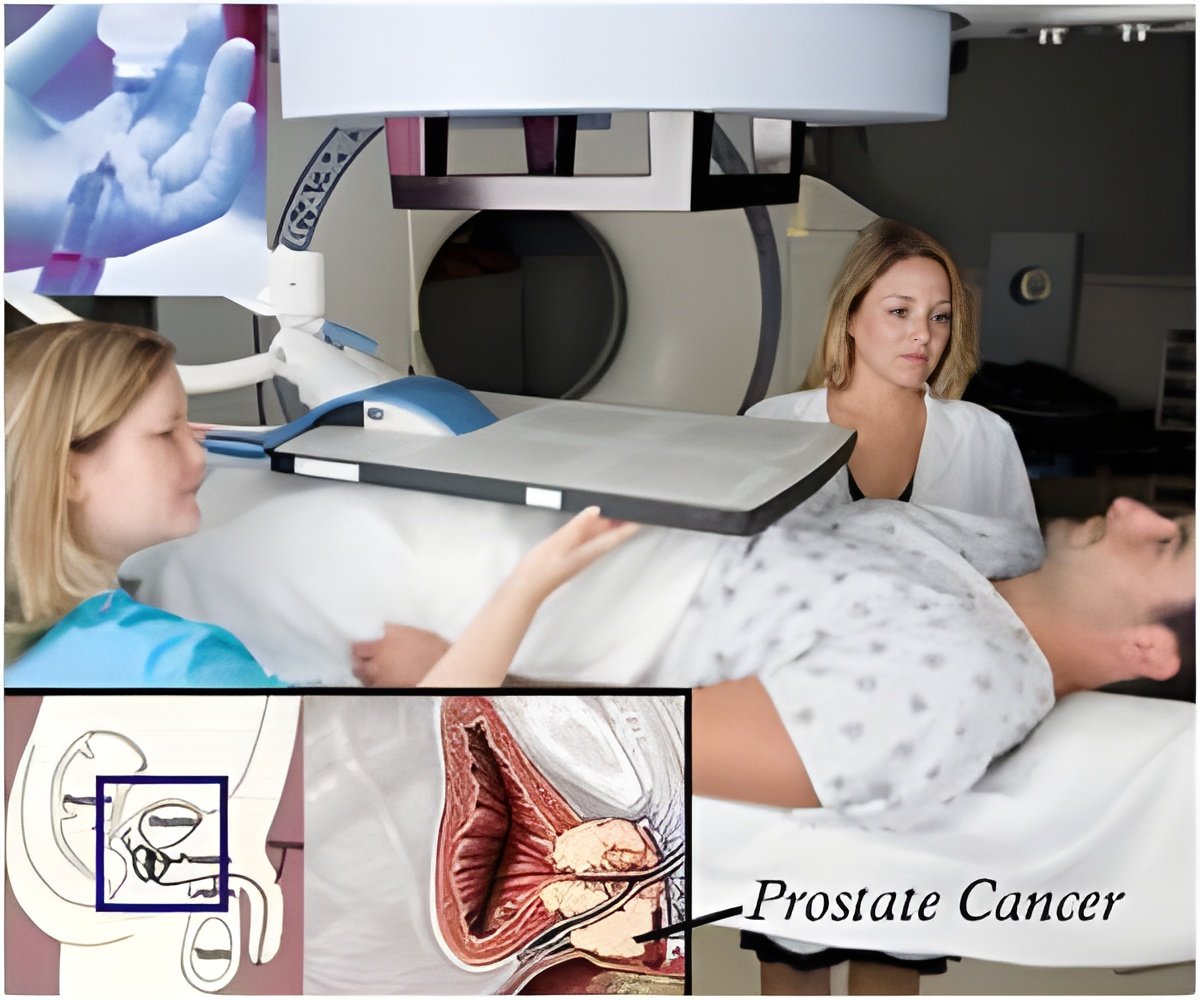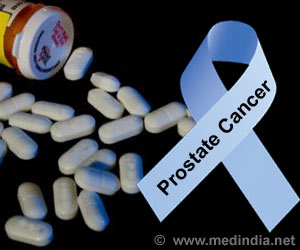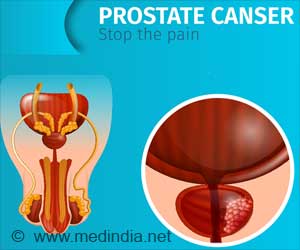
‘By understanding how hypoxia in prostate cancer can be measured using gene signatures men with locally advanced prostate cancer who are less likely to respond well to radiotherapy can be identified.’
Tweet it Now
The signature was validated using data from across the world in eleven prostate cancer cohorts and a bladder cancer phase III randomized trial of radiotherapy.According to cancer.net, the 5-year survival rate for most men with local prostate cancer is almost 100%. 98% are alive after 10 years, and 96% live for at least 15 years.
For men diagnosed with prostate cancer that has spread nearby, the 5-year survival is around 70%. For men diagnosed with prostate cancer that has spread to other parts of the body, the 5-year survival rate is 29%.
According to Cancer Research UK, over 11,000 still die from the disease every year. In 2014, 13% of all male cancer deaths were from prostate cancer.
Professor West is based at the Manchester Cancer Research Centre- a world-renowned partnership between The University of Manchester, The Christie NHS Foundation Trust and Cancer Research UK.
Advertisement
"And we know that combining hypoxia-targeting treatment with radiotherapy has been shown to improve local control of tumors and survival of patients in head and neck and bladder cancers."
Advertisement
"Until now, there has been no clinically validated method of selecting prostate cancer patients who would benefit from hypoxia modifying treatment.
"Though there is some way to go before this can be used clinically, it's a significant development and could signal a new phase in treating this disease within a few years."
Source-Eurekalert















